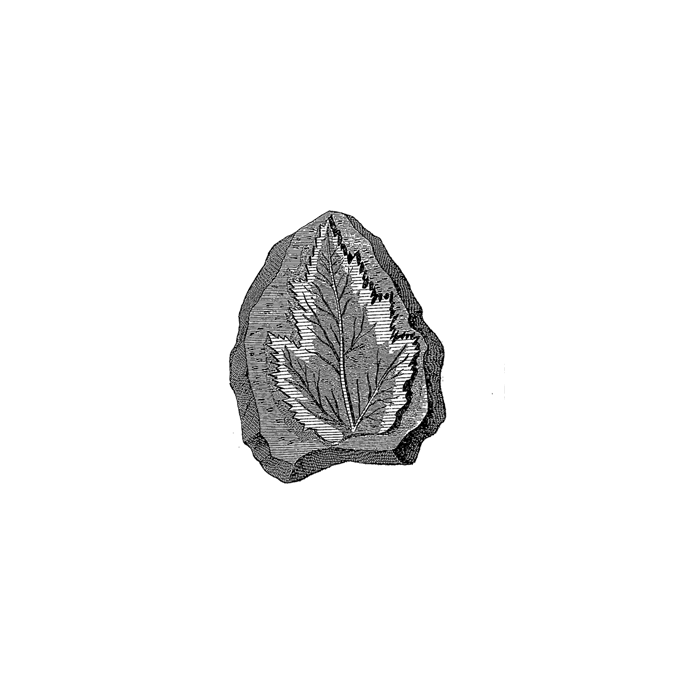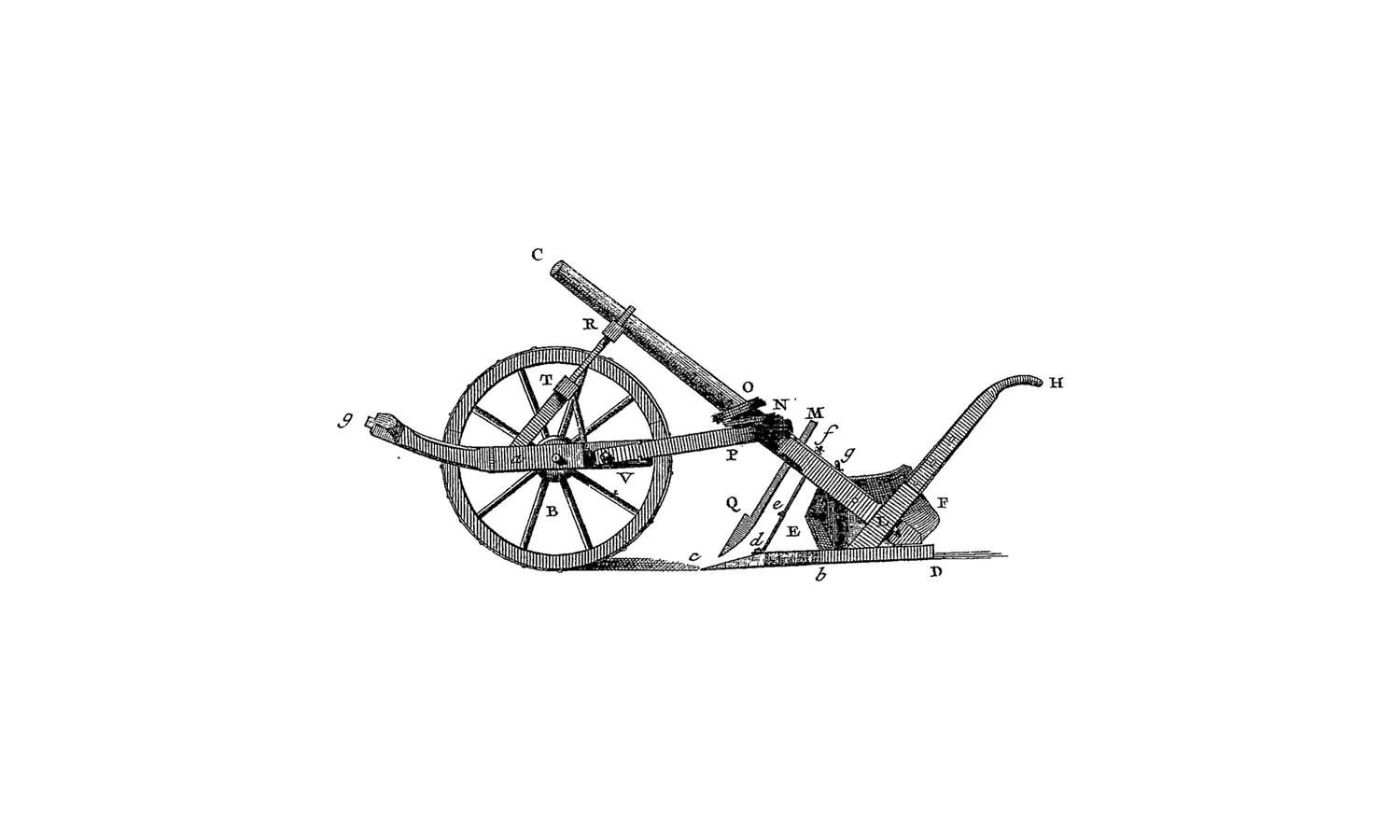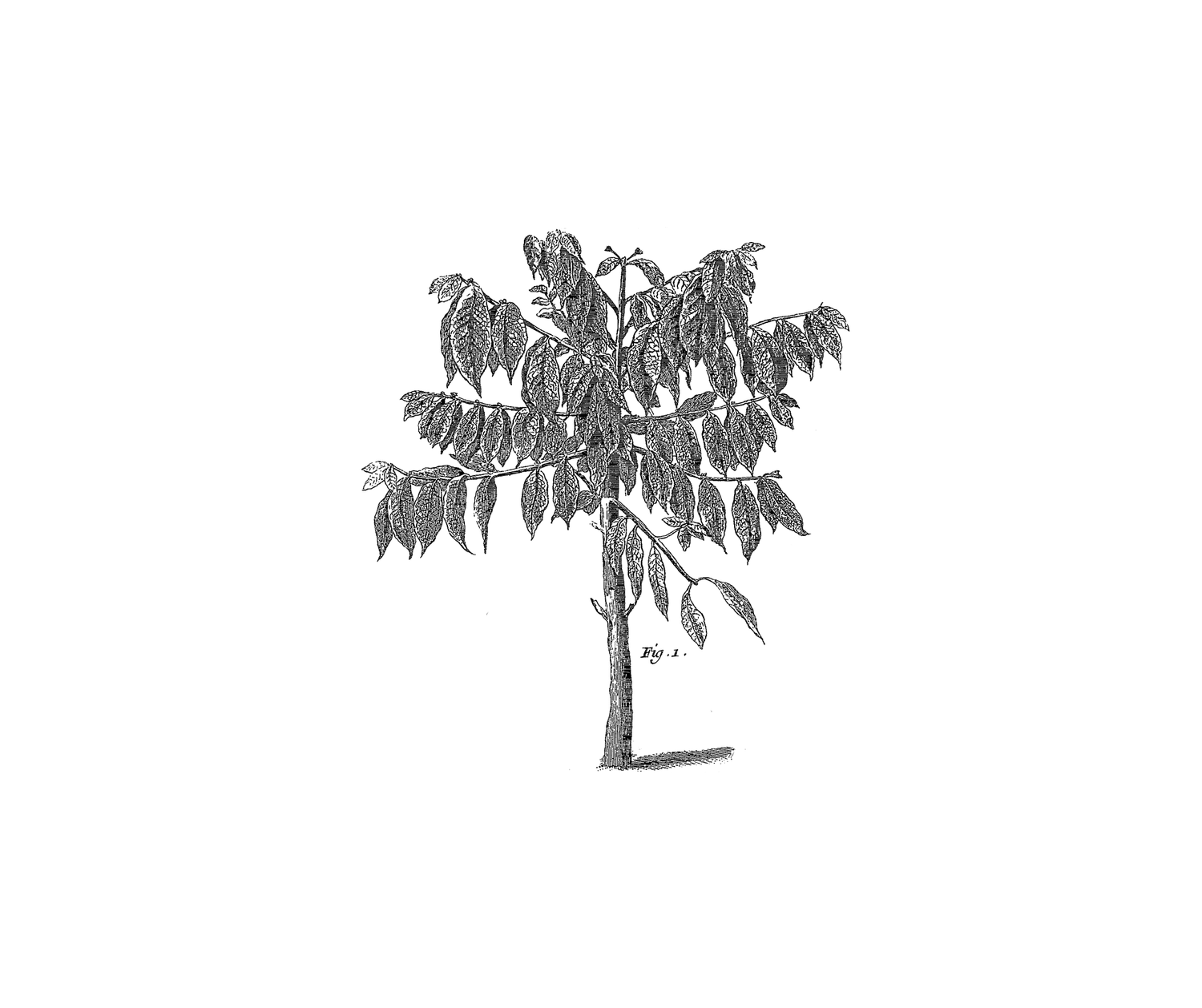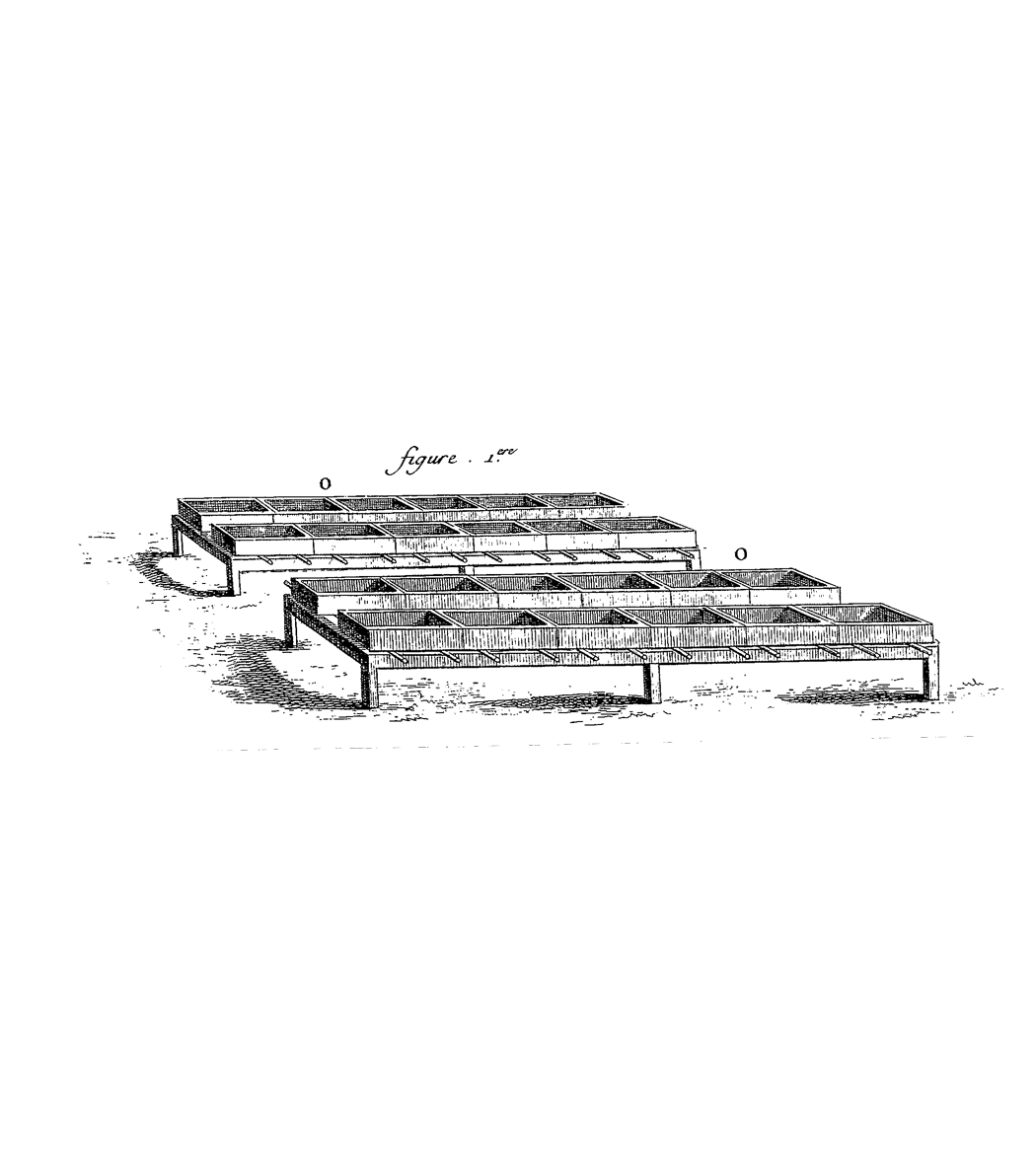THE EXPLORATIONS
Ursa Major - Fazenda Guariroba Anaerobic
Ursa Major - Fazenda Guariroba Anaerobic
A Brazilian coffee with a Provençal character: notes of lavender perfectly balanced by superb acidity.
Couldn't load pickup availability
Ursa Major
In other words, the Great Bear in Latin. A constellation of stars that can be easily spotted by looking up on a cloudless night.
- Country : Brazil
- Region Minas Gerais
- Farm / car wash : Fazenda Guariroba
- Producer : Elisa Paiva, Homero Paiva and Gabriel Lamounier
- Varieties Pink Bourbon
- Processing process : Natural aerobic & anaerobic
- Altitude : 1099m average
- Harvest period July - October
- Tasting notes Lavender, wild honey, white pepper.
- Note SCA : 88/100
- Level of complexity : Very high
- Acidity High
- Body / power Subtle




Nf - Recommended recipe
Filter:
- 15g coffee / 220g water
- Water 91°C
- Grind: medium to fine
- Number of payments: 1 (Tales Coffee)
- Flow time: < 2 min
Advice :Allow 3 to 4 weeks for degassing after roasting before using this filter coffee. The peak aroma is estimated to occur 1 month after roasting.

Nm - Terroir
This coffee comes fromCampo das Vertentes, a coffee-growing region located in the geopolitical mesoregions of the state of Minas Gerais. Campo das Vertentes is made up of hilly plateaus and most of the territory is located at altitudes between900 and 1000 meters.
The climate is mild, with cool, rainy summers and very cold winters in the higher regions. The annual precipitation index can exceed 1600 mm and average annual temperatures vary from16.8°C to 19.4°C.
All of these aforementioned conditions, combined with know-how, promote the production of exceptional quality coffee.

Nm - Producer
Already in the 19th century, João Ferreira Carneiro was producing fruity coffees in the fertile soil of Santo Antônio do Amparo, where Fazenda Guariroba is located today.
His passion for the flavors and aromas of coffee has been passed down through five generations, all the way back to Homero Aguiar Paiva.
Homero acquired part of the century-old Fazenda Cachoeira and, with the help of his brother Renato Paiva (agronomist), chose thebest coffee varieties, giving birth to the Fazenda Guariroba.
The privileged terroir and the historical knowledge of the family could only lead toexcellence in the production of their specialty coffees.
Today, under the management of Gabriel Lamounier Vieira and Elisa Paiva Lamounier, Fazenda Guariroba aims to demonstrate that Brazilian coffees can offer much more than chocolate and nutty notes. The farm has also been recognized as a champion ofCup of Excellencein 2016.

Nf - Varieties
This coffee is
composed of the varietyBourbon rose.
We do not yet know its exact history.
Despite its name, it does not appear to be descended from Bourbon but rather from a variety endemic to Ethiopia.
It was reintroduced to Colombia about ten years ago and distinguished itself in the Barista World Championships.
THEbourbon roseis very susceptible to disease and its production requires perfect control of the processes.
In the cup, it offers a very complex, fruity profile with vibrant acidity. It is often compared to Geisha for its floral and citrus notes.

Nm - Treatment process
When we talk about the coffee processing process, this brings us to post-production: after the coffee cherries have been picked, the cooperative has a choice: leave the cherry pulp or remove it before drying.
On this coffee, the processnaturalimplies that the cherries were not pulped before fermentation.
Furthermore, before being dried, this coffee underwent aanaerobic processfor 36 hours in a bioreactor. Drying was then carried out on African beds for 30 to 40 days.
Stay up to date with the latest news
Subscribe to the newsletter to receive our latest coffee news, tips and exclusive information.




